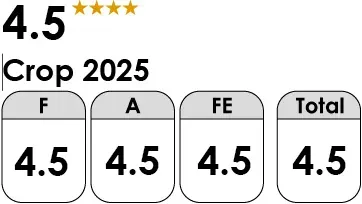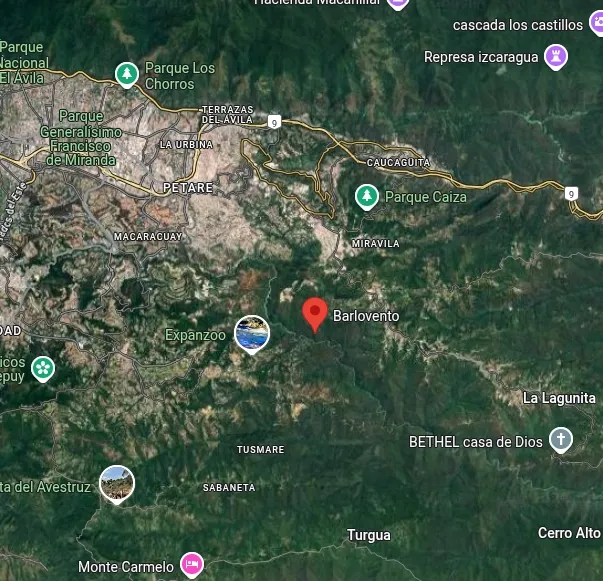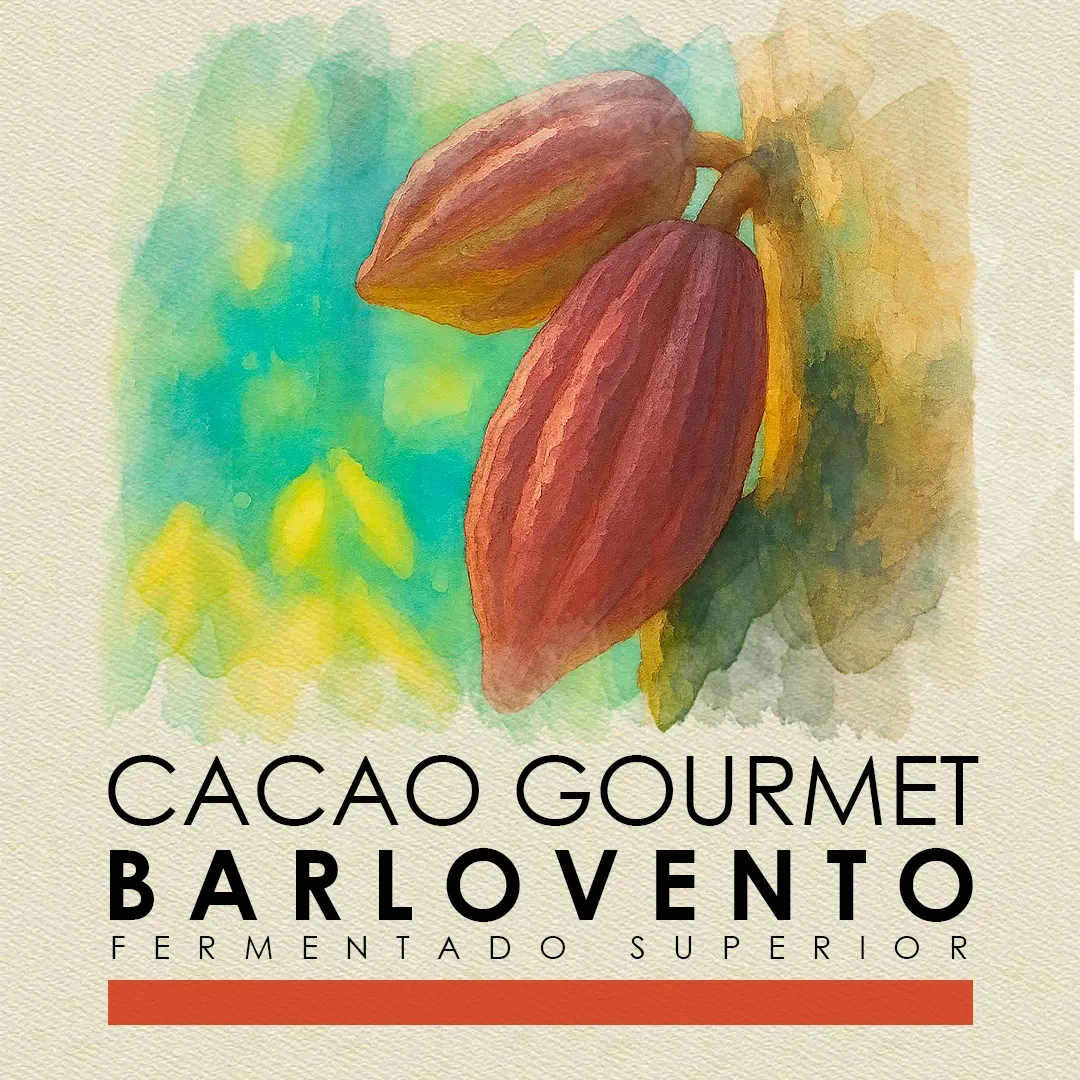
cacao gourmet
barlovento
fermentado superior
Evaluation 4.5
SWEET FRUITY 2.5
CITRUS FRUITY 1.75
FLORAL 0.0
CREOLE 2.5
COCOA 4.0
WOODSY 0.0
SPICES 0.0
ANNUAL PRODUCTION (MT) 4.200
CREOLE BEANS 6%
FERMENTED BEANS 84%
VIOLET BEANS 6%
SLATEY BEANS 2%
TOTAL 100%
Beans / 100g: 82
g./1 Bean: 1.28 g
CERTIFIED NO
AWARDS NO
Physical and Organoleptic Characteristics
Positive Flavors
Cata del 2025/05/09
Malt • Walnut
Cocoa
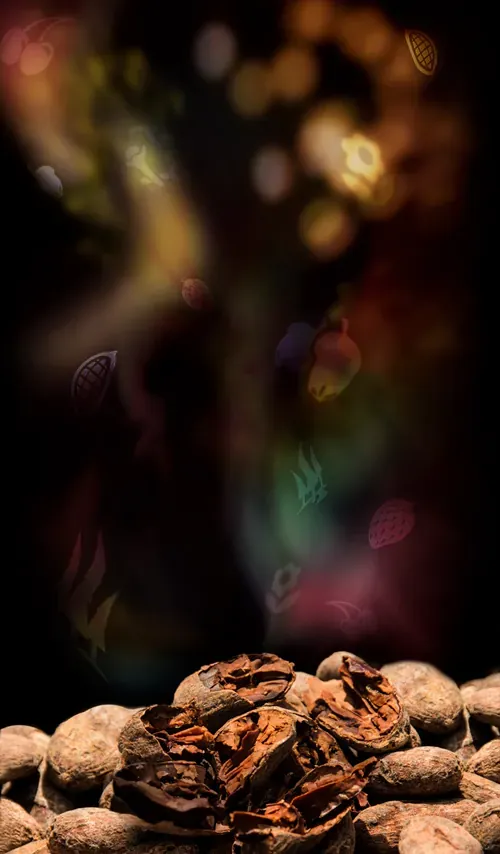
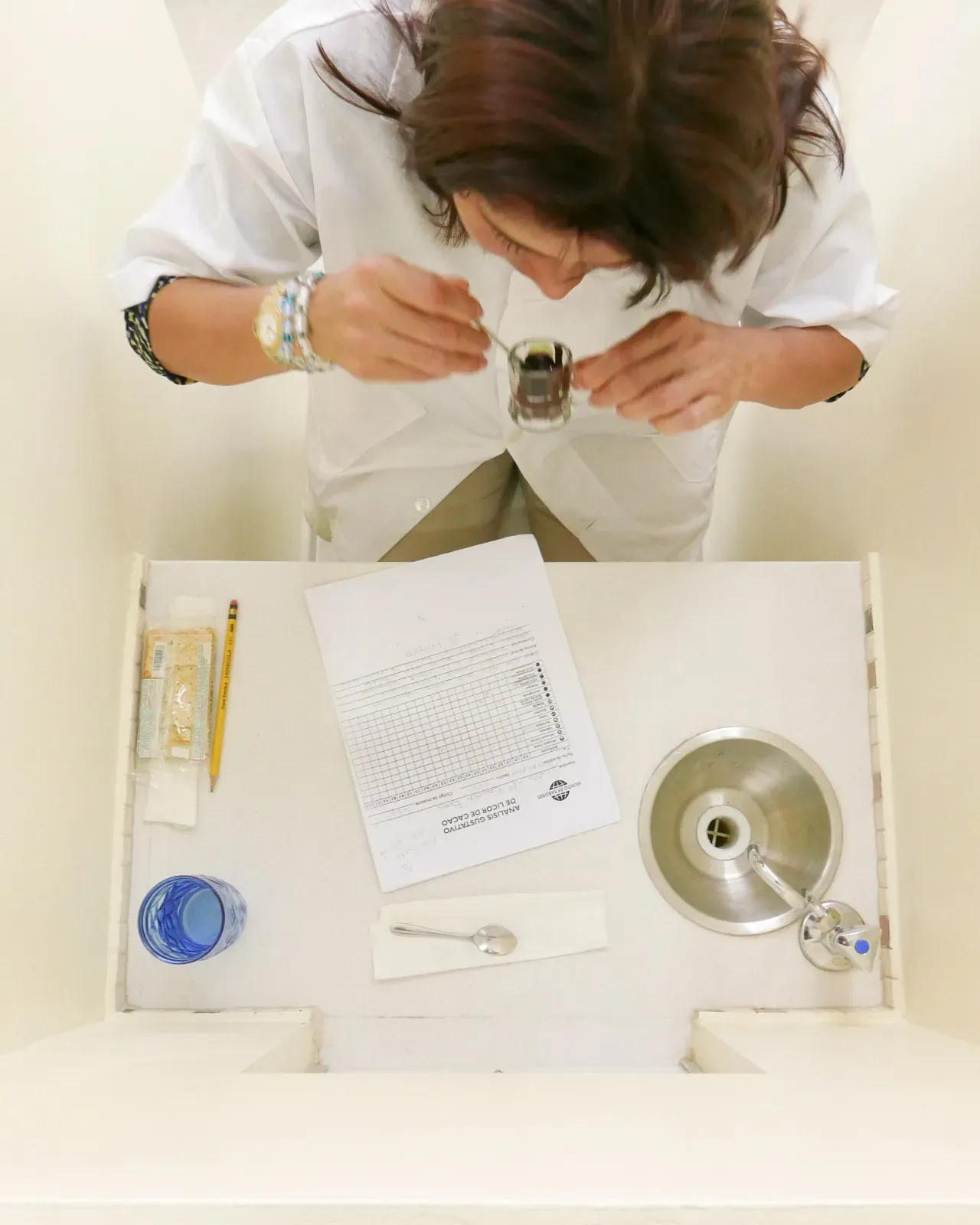

Analysis of Cut
The cut analysis is one of the most important steps in our quality protocol. This procedure involves splitting the cocoa beans in half to observe their interior, allowing us to visually assess key aspects such as the level of fermentation and the presence of possible defects. Through this detailed inspection, we identify whether the beans have been processed correctly and whether they present the ideal conditions to guarantee exceptional flavor and aroma.
Well-fermented beans reveal a uniform brown color, a defined internal structure, and an easy-to-peel shell—clear signs of quality. On the other hand, purple hues or poorly formed cracks can indicate problems in the process. By implementing the cut test, we reaffirm our commitment to excellence and transparency at every stage of the cocoa value chain. Every batch we process undergoes this control to ensure that only the best cocoa continues its journey to those who value a product of impeccable origin.
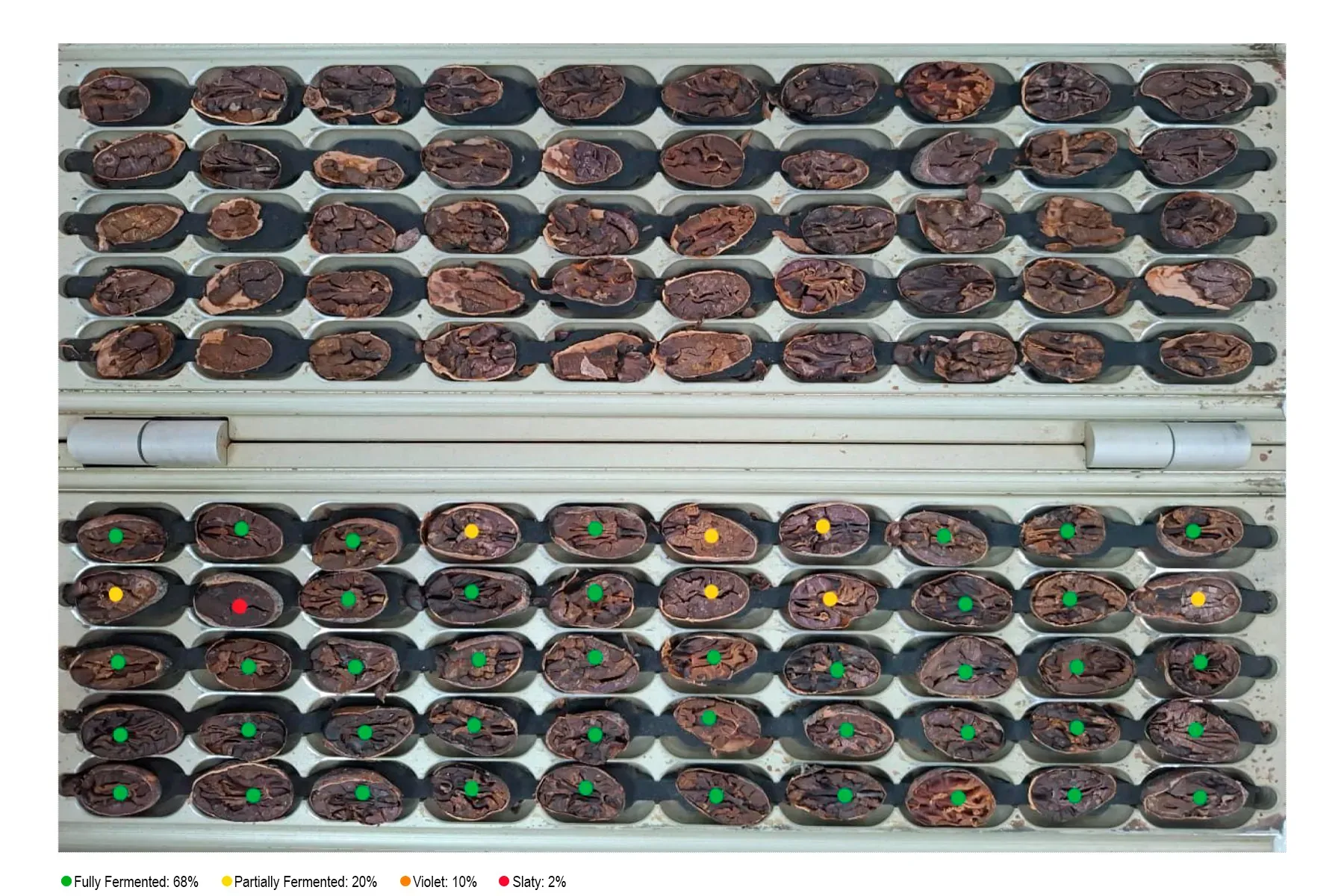
Sensory Map
The sensory profile of Barlovento cacao reveals a rich and balanced taste experience, the product of careful post-harvest handling. This cacao stands out for its pronounced cacao character, which forms the basis of its identity, offering an intense and rounded flavor that defines its essence.
In the fruit spectrum, subtle notes of fresh citrus fruit are identified, providing a slight liveliness without overpowering the overall flavor. Sweet fruit nuances are also present, providing natural sweetness and depth to the flavor, enhancing the bean's complexity.
Although the percentage of Criolla genetics is low, faint hints of that sensory heritage are perceived in its Criolla category, reflecting a smoothness and elegance in the mouth that enrich the experience, although they are not predominant.
Regarding technical attributes, this cacao has low astringency (score of 1) and moderate bitterness (2.25), which translates into a pleasant and persistent mouthfeel, without harshness. Acidity is present at mild levels (1.50), which contributes to a balanced profile.
This sensory map confirms that Barlovento is a cacao with personality, structure, and a clean flavor. Thanks to its high level of fermentation, its absence of negative defects, and its predominance of positive natural flavors, it is ideal for both chocolatiers seeking defined profiles and those wishing to explore the sensorial richness of a Venezuelan cacao with character and harmony.

Traceability
At Intercacao, we guarantee the complete traceability of our cocoa from origin to final destination, offering transparency and trust to our customers. We use Petrichor, a specialized US origin traceability system. This system allows detailed tracking of each batch of cocoa, and all information is securely managed by the customer.
The traceability process begins at the time of direct purchase from the producer. At this point:
- The vehicle that makes the purchase or pickup is geolocated using GPS. All our vehicles are equipped with this system.
- A geolocated photograph of the invoice or purchase order is taken as part of the verification protocol.
- All this information is recorded in Petrichor, where it is stored and organized for review.
From there, the system tracks the cocoa throughout its entire transit, whether by land or sea, nationally and internationally. Our customers can know in real time the stage of their cocoa: whether it is in port, in transit, in warehouse, or being loaded, as well as its estimated arrival date. They also receive reports with purchase notes from each supplier.
In addition to geographic tracking, we carry out strict quality controls at different points in the process:
- At the time of purchase.
- Upon arrival and departure from the warehouse.
- Before loading onto the truck.
- Upon arrival at central warehouses, such as the one in Caracas.
- During batch preparation.
- During dispatch.
- And during passage through the dryer.
In total, the cocoa is evaluated at least four or five times, in addition to the controls specific to the drying process. All of these quality records are part of our commitment to excellence.
The traceability of our cocoa is verifiable through:
- Purchase notes.
- Farmer registration.
- Vehicle geolocation.
- With this comprehensive system, we ensure our customers a transparent, responsible, and reliable supply chain.

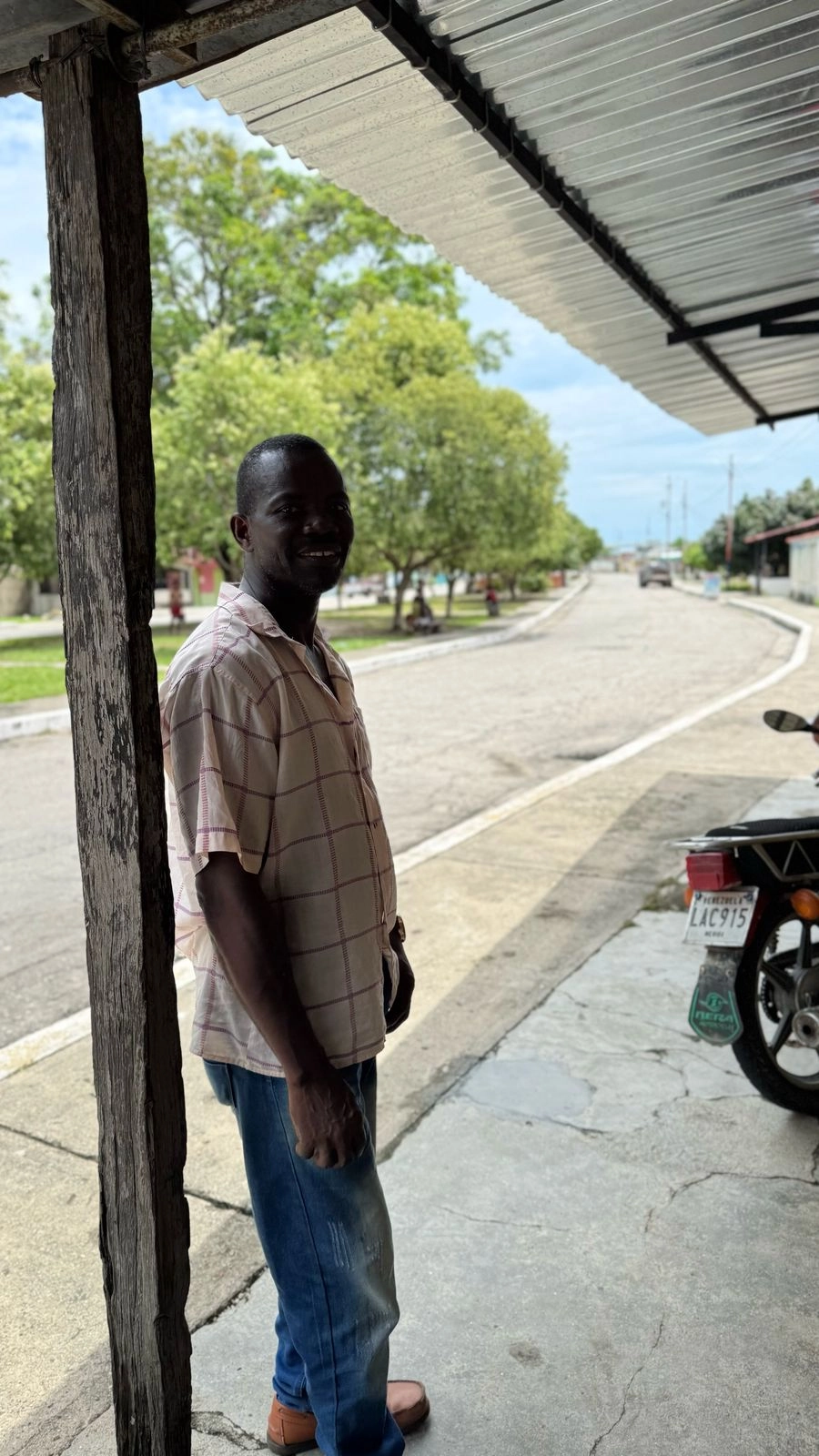
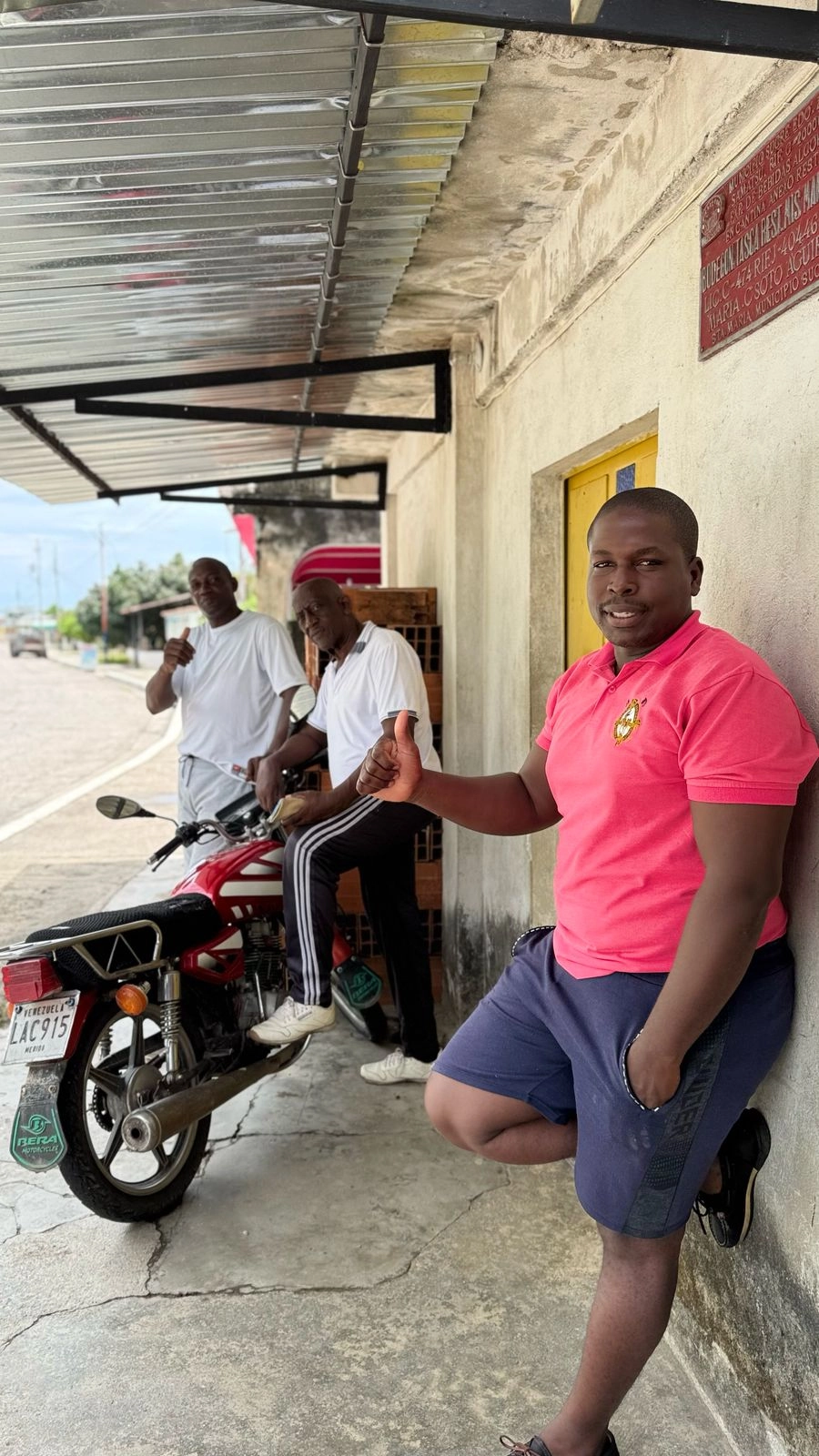
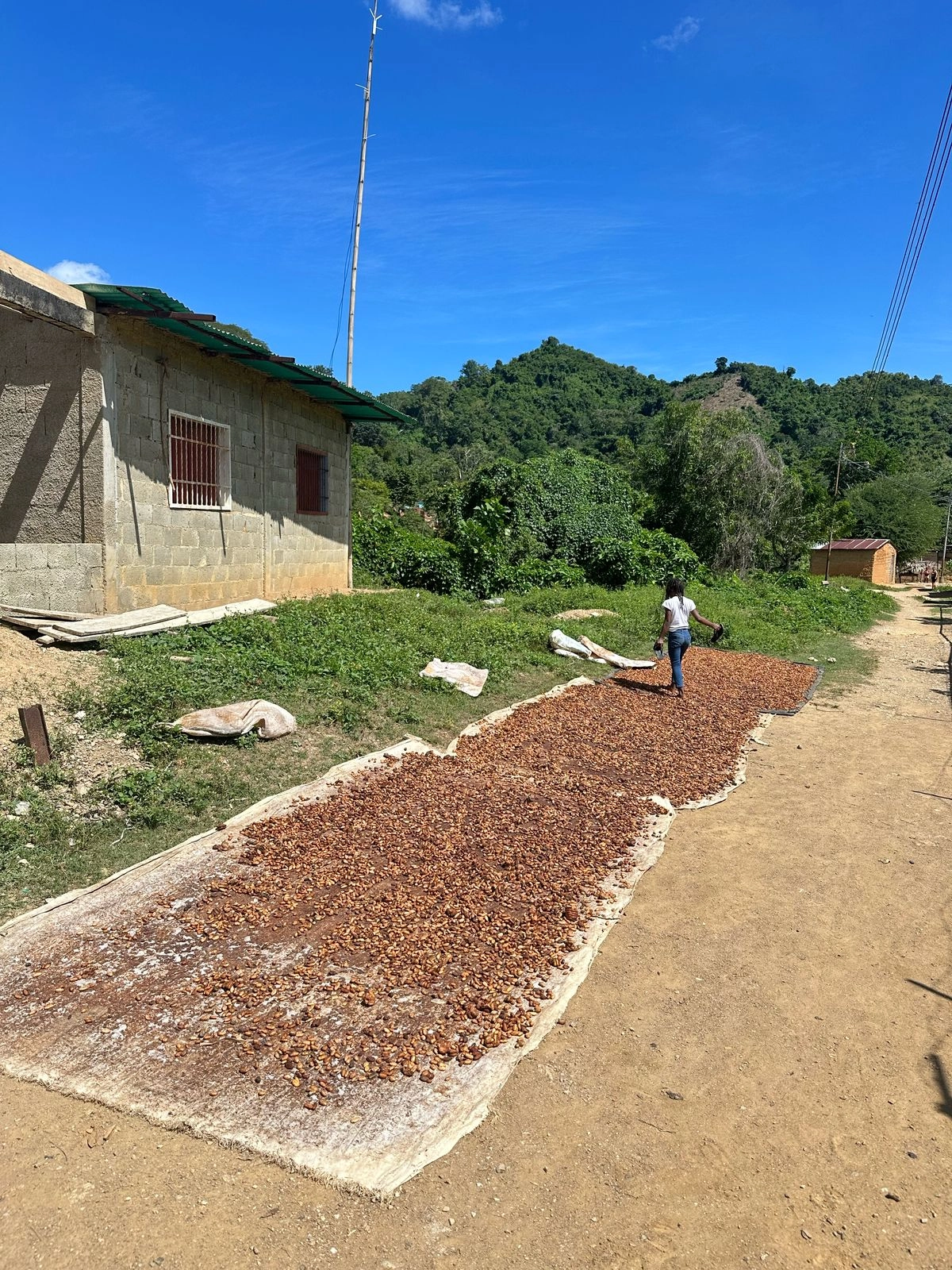
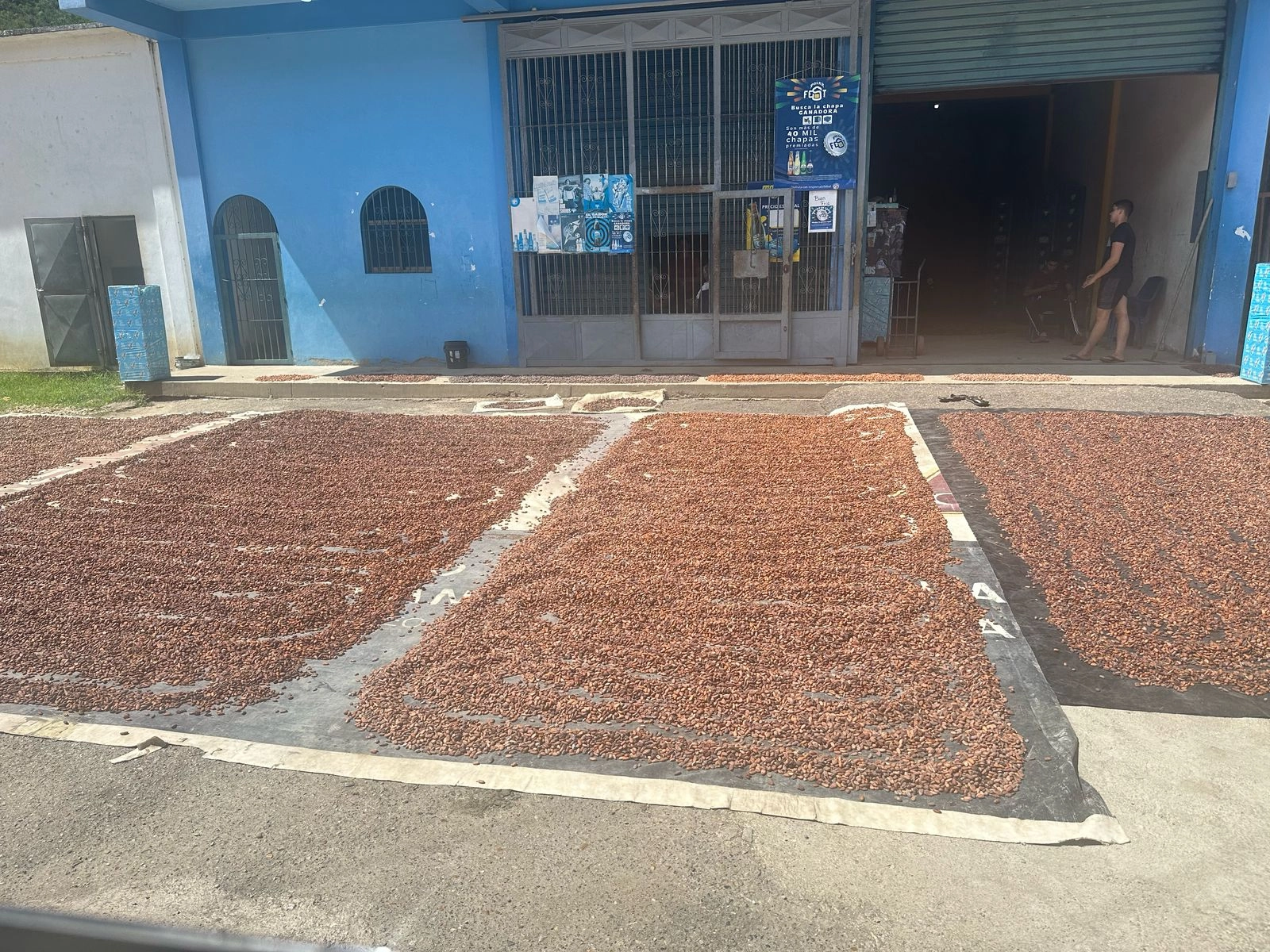
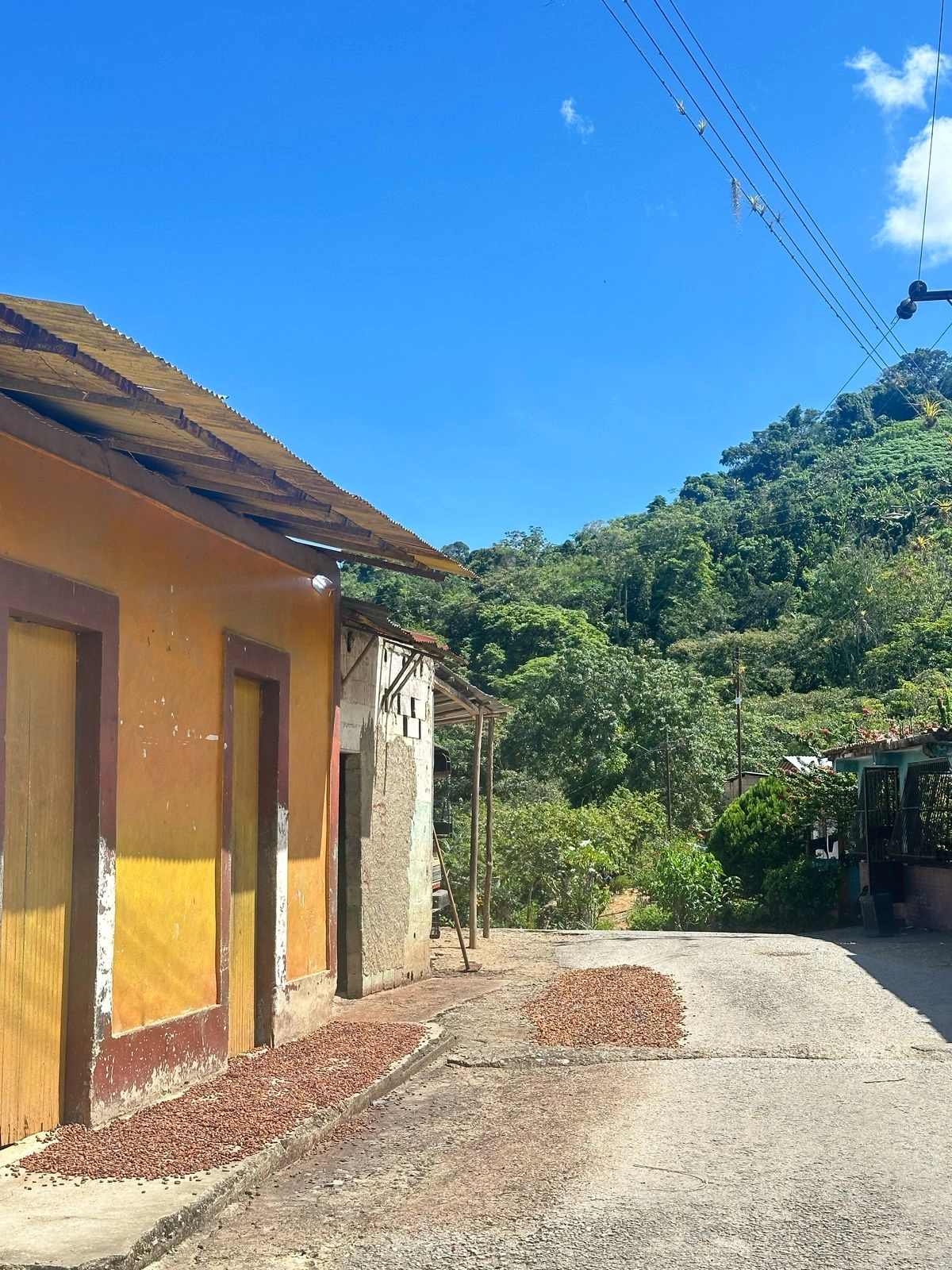
Geographic Location and Ecology
Geographic Location
- País: Venezuela
- Estado: Miranda
- Subregión: Barlovento
- Superficie: 2,500 km²
- Altitud promedio: 10 - 50 msnm (zona costera baja, con algunas colinas hacia el interior)
- Habitantes: 200,000
Barlovento is a region of lush landscapes where the intense green of tropical vegetation, flowing rivers, and a coastline reminiscent of the Caribbean converge. Its geography combines humid plains and gentle hills, creating a prime environment for agricultural cultivation. The warm climate, sea breezes, and rich soils make this territory a naturally fertile place, where cacao grows in harmony with its surroundings and the Afro-Venezuelan traditions that give life to the region.

